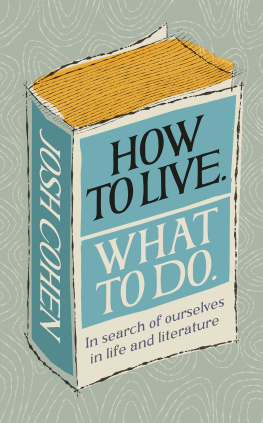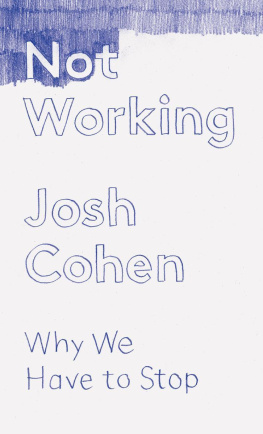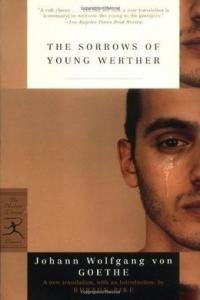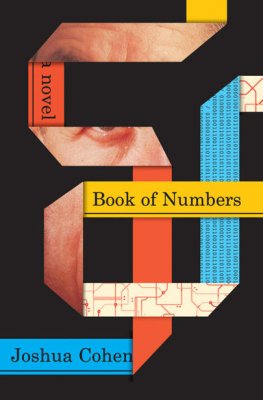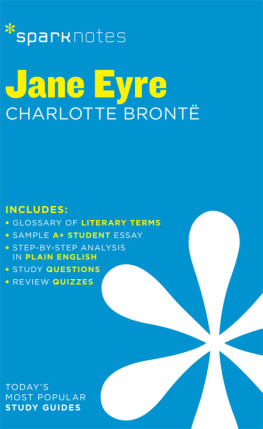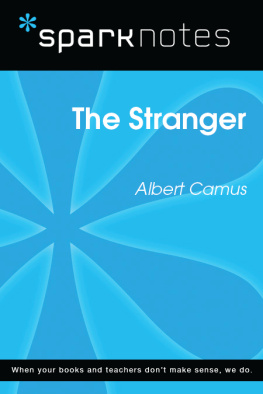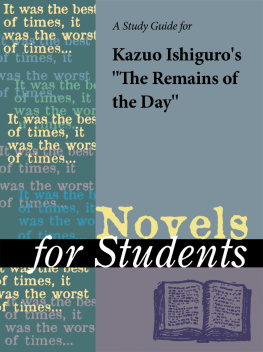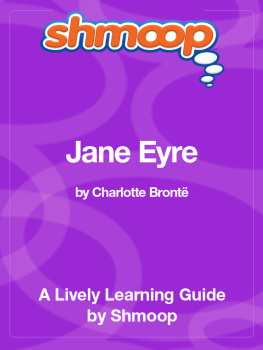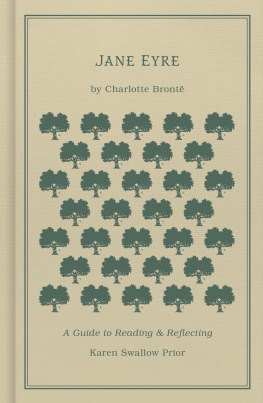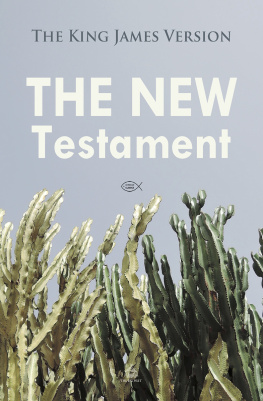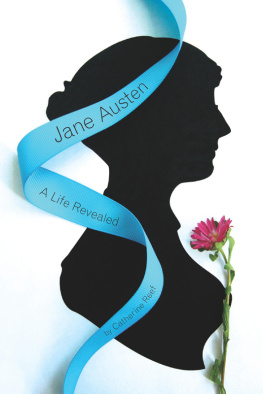

Josh Cohen
How to Live. What to Do
In Search of Ourselves in Life and Literature

Contents
About the Author
Josh Cohen is Professor of Modern Literary Theory at Goldsmiths, University of London and a psychoanalyst in private practice. He is the author of books and articles on modern literature, cultural theory and psychoanalysis, including How to Read: Freud, The Private Life: Why We Remain in the Dark, and Not Working.
For Abigail, obviously
Authors Note
Writing about cases confronts any therapist with irresolvable difficulties. If rendered too accurately, they compromise patient confidentiality; too loosely, and their clinical value becomes suspect. As Im writing for a general rather than professional readership here, the purpose is to put flesh on the dilemmas of life rather than to provide a significant contribution to clinical knowledge. The result is that the cases I discuss are composite figures, with the basic details of the source cases heavily disguised. Its not an ideal solution, but there is much more to lose on the side of confidentiality than of strict accuracy.
Introduction
These days Im often regaled at the kitchen table by origin stories of how some Marvel character or other attained their superhero status. I sometimes find myself wanting to ask the boy telling them why use of this phrase is so restricted, why superheroes and ancient divinities should claim exclusive right to stories of their origins. Dont we all have our own private myths of how we became who we are?
Mine, for example, begins aged six, with the return of my parents from a two-week holiday in the US. Having left my elder brother and me with our grandparents, they came back bearing gifts and guilt in abundant quantities. Of the gifts, theres only one Ive kept, or even remember: a volume of Peanuts cartoons, its deep red cover depicting an evil-tempered Peppermint Patty at a school desk alongside an impassive Charlie Brown, the title emblazoned above their heads in that unmistakably rough typeface: DONT HASSLE ME WITH YOUR SIGHS, CHUCK.
If I had an origin story, Dont Hassle Me with Your Sighs, Chuck would be the Ras al Ghul to my Bruce Wayne, the radioactive spider to my Peter Parker. Until I received that gift, the best I could say about myself was that I was there and contented enough. I was small, I went to school, I liked Top of the Pops and The Big Match, or my brother did, which felt like more or less the same thing. But if there was anything that made me properly distinct from the kids around me, I had no idea what it was.
Until I walked up to my room, sat on my bed, drew my legs up and, resting the book on my lap, turned to the first strip, featuring the bald kid with two squiggles of hair matted to his brow talking to the cross-looking girl. I knew the dogs name, but not theirs. Nor did I know the word psychiatric written across the top of the booth she was sitting in, so that scanning it produced something like Pssitchric Help 5c in my minds ear. Happily, the base of the booth read The Doctor Is IN. Well, I knew what a doctor was.
The boy was sat atop a stool on the other side of the booth as the girl told him, You need to improve your character, before elaborating: Once a child is five years old his character gets to be pretty well established; to which he replied, arms raised high in frustration, But Im already five, Im more than five!
Thats right, she said, every inch the poker-faced shrink, You are, arent you? before coming back with, Too bad, thats the way it goes. Her patient winces in despair.
I read this strip a few more times, each time a little more breathlessly alive to something happening in me. It didnt matter that my cognitive grasp of their exchange was limited. I somehow knew exactly what was being said and heard.
These days we might say that I found Charlie Brown relatable. But I dont think the word captures the unsettling and exhilarating surprise I felt at this moment. Relatability describes the reassurance of seeing familiar feelings and traits of our own reflected in someone else. The little jolt I got from this strip came, on the contrary, from being told something new and unsuspected about myself. Until this moment, Id had no awareness of the frustration I now felt so palpably, the frustration of my character not being established despite being already five, more than five.
In simply naming my barely felt sense of not being quite sure of who I was and what I was supposed to be doing in this world, the Peanuts strip offered a remedy of sorts. Lucys psychiatric booth created a space in which Charlie Browns and therefore my own confusion and anxiety could be heard.
That strip ignited a passion for Schulzs creation, not to mention books more generally, that abides to this day. Reading it through the course of my childhood gave shape to my inadequacy, insecurity, rage, cruelty, envy, self-regard and desperation, as well as to my occasional joy and hilarity in short, to the whole landscape of my inner life. Its when it unsettles rather than confirms our pictures of the world and of ourselves that a book is most thrilling and most transformative.
But the strip was still more than the sum of its characters and stories; it modelled an orientation to life rooted in careful attention. Its observation of the languages of gesture and expression was so close and precise and yet so gentle, it seemed as though a benign adult friend was listening to me intently without intruding or judging or imposing his own interpretation on what he heard. Peanuts, you could almost say, was my first psychoanalyst.
Having always been wary of books (and people) that tell us how to live and what to do, Im alive to the irony of having written this one. Its a book that comes out of many years of listening to people and reading fiction. But can these occupations be the basis for general guidance on how to live? What do the best novels and psychoanalysis have in common if not a suspicion of reductive generalisations, ready-made answers and one-size-fits-all prescriptions for life?
Literature and psychoanalysis are both efforts to make sense of the world through stories, to discover the recurring problems and patterns and themes of life. Read and listen enough, and we soon come to notice how insistently the same struggles, anxieties and hopes repeat themselves down the ages and across the world.
A lifetime reading fiction and fifteen years practising psychotherapy have given me a small window into our common experience: I am clear that even a childhood rich in love and security will see its fair share of sadness and pain; that no one passes through adolescence without being flooded by confusion; that there is no purely happy marriage or family; that no one can get old without confronting the looming spectre of their own death.
In fiction as in the consulting room, different life stories abound with mutual echoes and resonances, bringing out not only what our lives have in common, but what sets them apart. And this is where fiction and psychotherapy come into their own. We may recognise aspects of ourselves in a fictional character or psychotherapeutic case study; but we will also be struck by the singularity of each of them, their tenacious attachment to being themselves and no one else.
Next page
